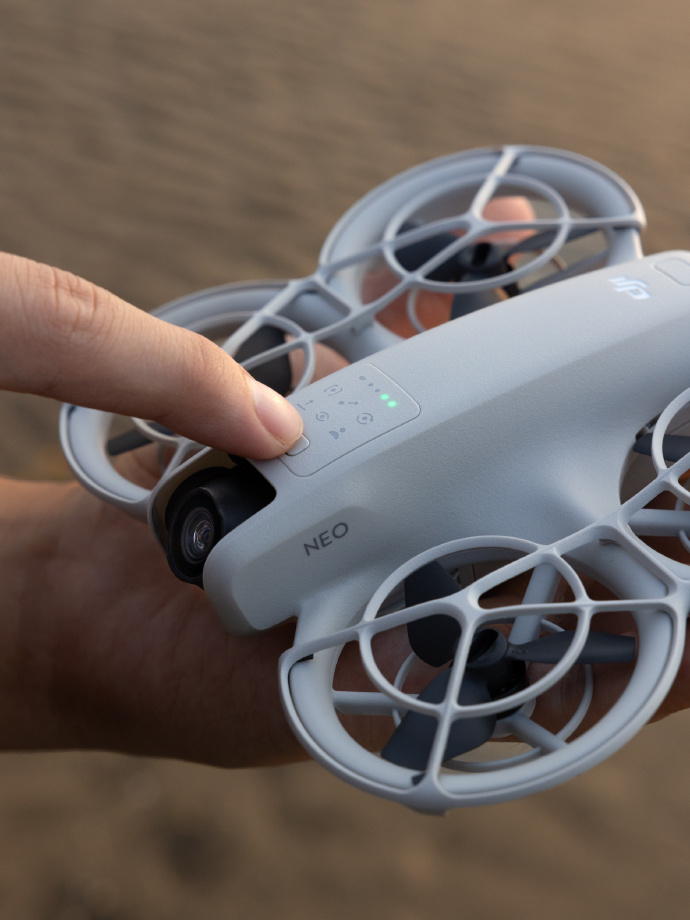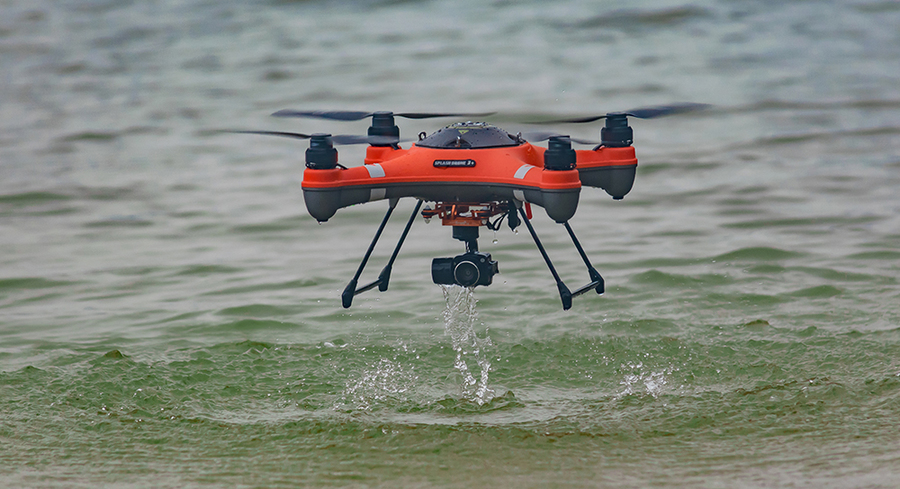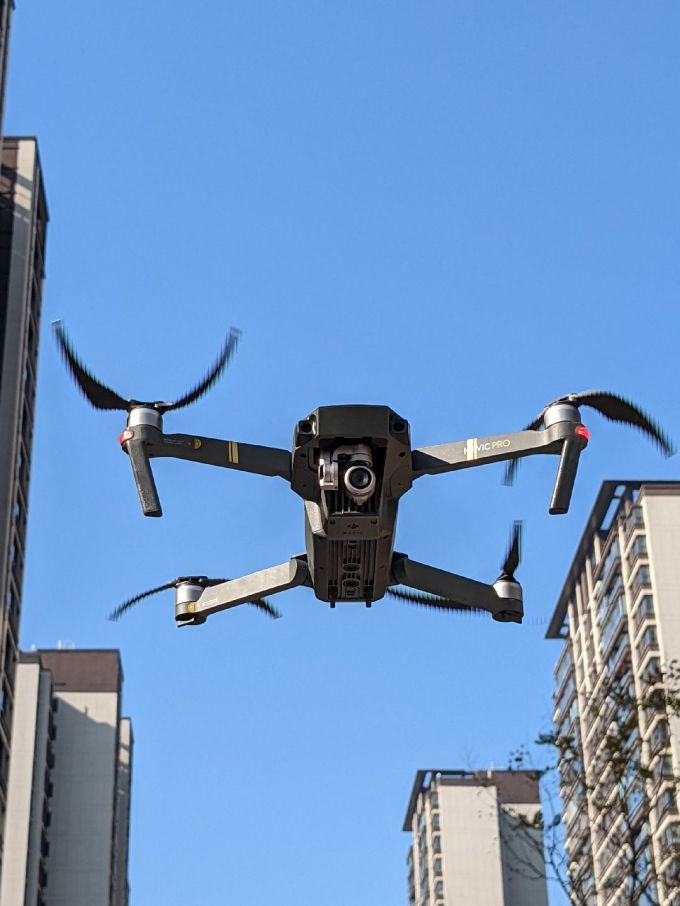Navigating the vast skies with a drone can be exhilarating, but before you soar, you must first grasp the fundamental requirements for obtaining a FAA drone pilot license. This license not only ensures your operations are compliant with the Federal Aviation Administration’s standards but also empowers you with the knowledge needed to pilot drones safely and effectively.
Understanding the FAA Drone Pilot License
A FAA drone pilot license, officially known as the Remote Pilot Certificate, is necessary for anyone operating a drone commercially. Whether you’re capturing stunning aerial imagery or conducting drone-based surveys, having this certificate verifies you have met essential safety and knowledge standards.
Eligibility and Requirements
To be eligible, applicants must be at least 16 years old and demonstrate proficiency in English. Additionally, you must pass an aeronautical knowledge test, which covers a range of topics from airspace classifications to weather implications. Preparing thoroughly for this test is crucial, with numerous resources available for study, such as online courses and training manuals.
Application Process
Once you’ve prepared for and passed the knowledge test, the next step is submitting an application via the Integrated Airman Certification and Rating Application system (IACRA). This streamlined process requires your test results and personal identification details. After submission, a Transportation Security Administration (TSA) background check follows to ensure eligibility and compliance.

The Importance of Compliance
Operating without a FAA drone pilot license can lead to significant legal repercussions, including fines and restricted opportunities. Compliance with FAA regulations not only benefits your business but also enhances safety protocols within the increasingly crowded skies.

Staying Informed and Updated
Drone technology and regulations are rapidly evolving. Thus, it’s critical to stay informed about updates and changes in legislation. The FAA provides regular updates and resources online, aiding pilots in maintaining their certificate validity and understanding industry advancements.
Commercial Opportunities
Drones have revolutionized sectors such as photography, agriculture, and telecommunications. With a FAA drone pilot license, you’re not just compliant but also equipped to explore diverse commercial opportunities. Enhanced capabilities such as precision flying and data collection can significantly bolster your business endeavors.
Expanding Your Skills
Beyond the basic license, consider expanding your skills with additional FAA certifications. These can encompass night flying, operating over populated areas, or flying drones above certain weights, allowing for an even wider range of operations.
FAQs
How often do I need to renew my FAA drone pilot license? The Remote Pilot Certificate requires a recurrent knowledge test every two years to ensure pilots remain updated with trends and regulations.
The Remote Pilot Certificate requires a recurrent knowledge test every two years to ensure pilots remain updated with trends and regulations.
Can I apply for the FAA drone pilot license outside the US? Unfortunately, the certification process is available solely to residents or citizens within the United States.
Does the FAA drone pilot license cover all types of drones? While the license applies broadly, different drones may have additional requirements based on weight and intended operational usage, necessitating a thorough understanding of diverse drone classifications.
